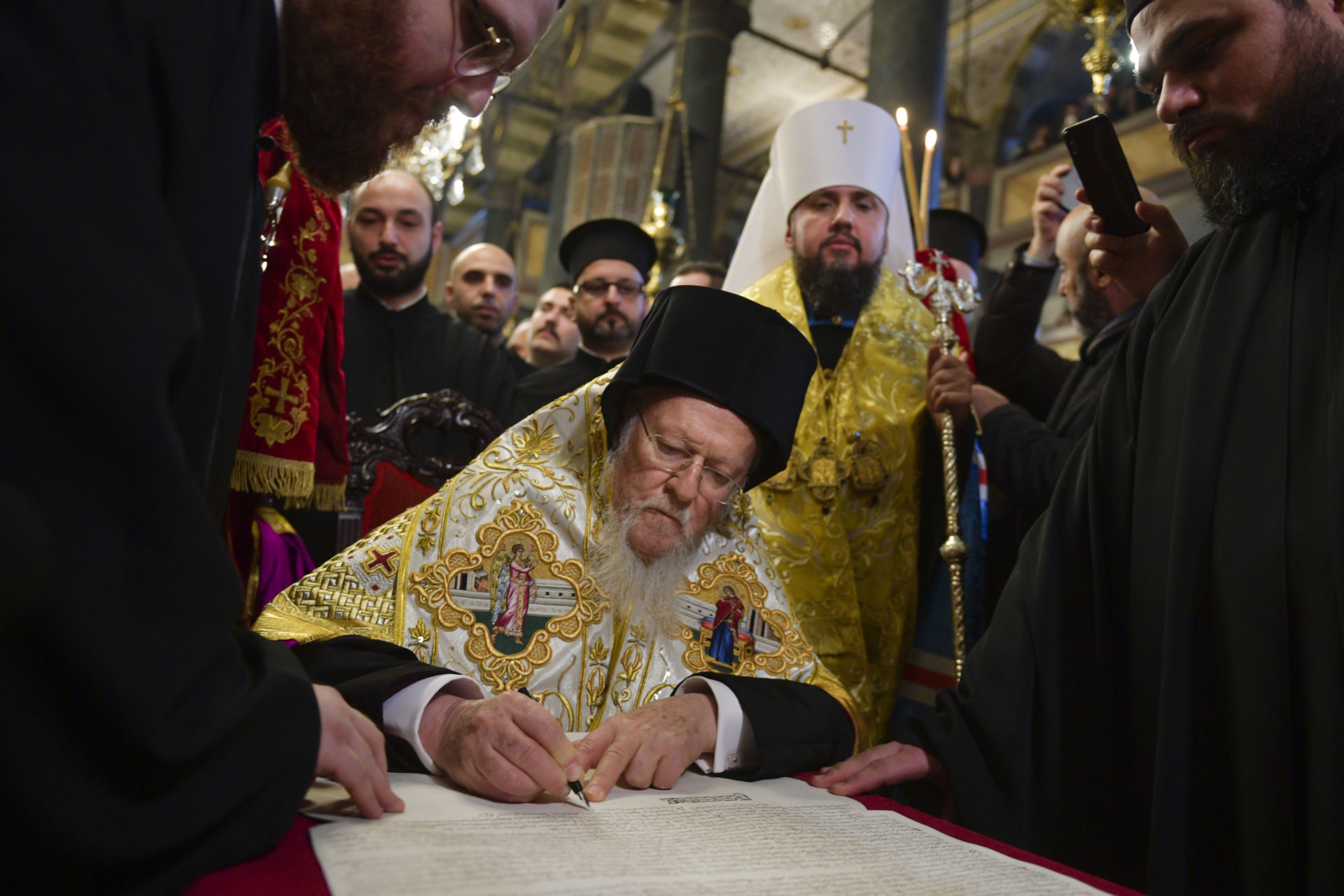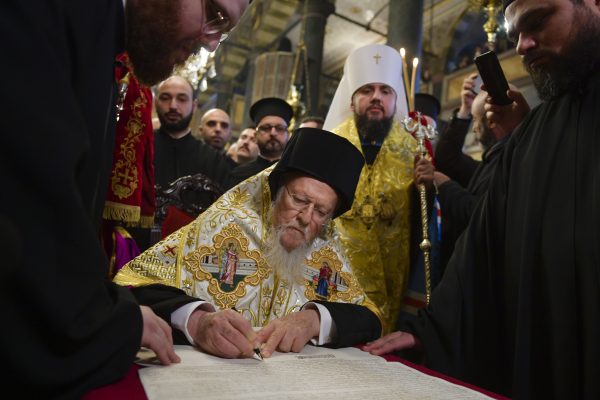
Eastern Orthodox Theologian Warns of Troubling Times
- By WRN Editorial Staff --
- 28 Mar 2022 --
The war in Ukraine has enormous religious implications and is deeply troubling to Eastern Orthodox Catholics in the United States, according to a leading theologian, author and expert on dialogue between the Orthodox and Protestant evangelical communities in America.

In an interview with Religion News Service (RNS), theologian Bradley Nassif said that Russia’s invasion of Ukraine intensifies concern on the longstanding dispute over the independence of the Ukrainian Orthodox Church.
“If Russia should establish itself in Ukraine, the Russian Orthodox Church will have much more power to control the fate of the Ukrainian Orthodox Church,” said Nassif, professor of religion at North Park Theological Seminary in Chicago. “The political conflicts we are now watching on TV can soon become a major religious conflict as well.”
Nassif said that for years, the Russian Orthodox Church and the Ecumenical Patriarchate of Constantinople have been locked in a conflict over which of the two churches of Eastern Orthodox Christianity has the ecclesiastical authority to grant autocephaly, or self-rule, to the Ukrainian Orthodox Church.
The RNS article points out that Ukraine, once part of the Soviet Union, has millions of Orthodox Christians whose religious loyalties are split between the Russian Orthodox Church headquartered in Moscow and the Ukrainian Orthodox Church.
The Ukrainian Orthodox Church was recognized as an independent institution by His All Holiness Bartholomew the Ecumenical Patriarch of Constantinople, who became the head of Eastern Orthodox Christianity in 1991 following the collapse of the Soviet Union.
In late 2018, after Russia invaded and annexed Crimea in 2014, Bartholomew gave his approval for the Ukrainian Orthodox Church’s independence from the Russian Orthodox Church, prompting the latter to sever ties with the Eastern Orthodox Church in protest. In January 2019, Bartholomew went further and signed a formal decree recognizing the administrative independence of the Orthodox Church in Ukraine.
In addition to the conflict between these two branches of the Orthodox Church, Nassif warns Evangelicals of the potential repercussions of the invasion to their Ukrainian followers.
“One needs only to look at what the Russians did to evangelicals after they annexed the Crimean Peninsula from Ukraine in 2014,” he said, referring to penalties they imposed on Protestant evangelicals in Crimea for practicing their faith.
“Evangelicals may well face similar governmental penalties for church gatherings, preaching and their evangelistic campaigns.”
Nassif has helped introduce Eastern Orthodox traditions to Protestant evangelical students and faculty across the U.S. and Canada through academic classes as well as personal friendships. He has represented the Standing Conference of Canonical Orthodox Bishops in America (SCOBA) in the Orthodox-Lutheran Dialogue of North America. Nassif also launched the Society for the Study of Eastern Orthodoxy and Evangelicalism in 1990.



















